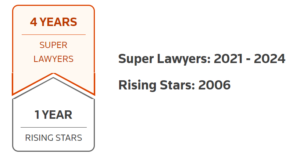I recently had a conversation with someone (not a client) who shared with me that they had learned that the biological mother of a person known to them was diagnosed with stage four lung cancer and is in the process of dying. The parties have a pre-teen child born of wedlock, the mother is the primary caretaker/custodian and they live in two separate states. Because of their ability to co-parent amicably, the child has an “awesome” relationship with Father, who, despite the distance between child and Father has had frequent contact with him, and who, in relatively short-order, will become the sole caretaker of this child whose Mother will be forever removed from the child’s daily life.
So often in the course of representing divorce cases, differences in parenting styles, the emotional difficulty of divorce, well-meaning but meddlesome extended family members, and myriad other variables throw a monkey wrench into the formation of a healthy co-parenting model. Of course, there are cases when parents are unfit, and I’m not talking about those cases.
Family law attorneys are often tasked with advising our divorce clients within the rubric of “the best interests of the child.” The meaning of that phrase is sometimes surprisingly difficult to articulate. Asking a client what kind of co-parenting legacy they think would be most beneficial to the child in the event that the unforeseen and unexpected happened to them, sums the meaning up as clearly as I could ever imagine.










